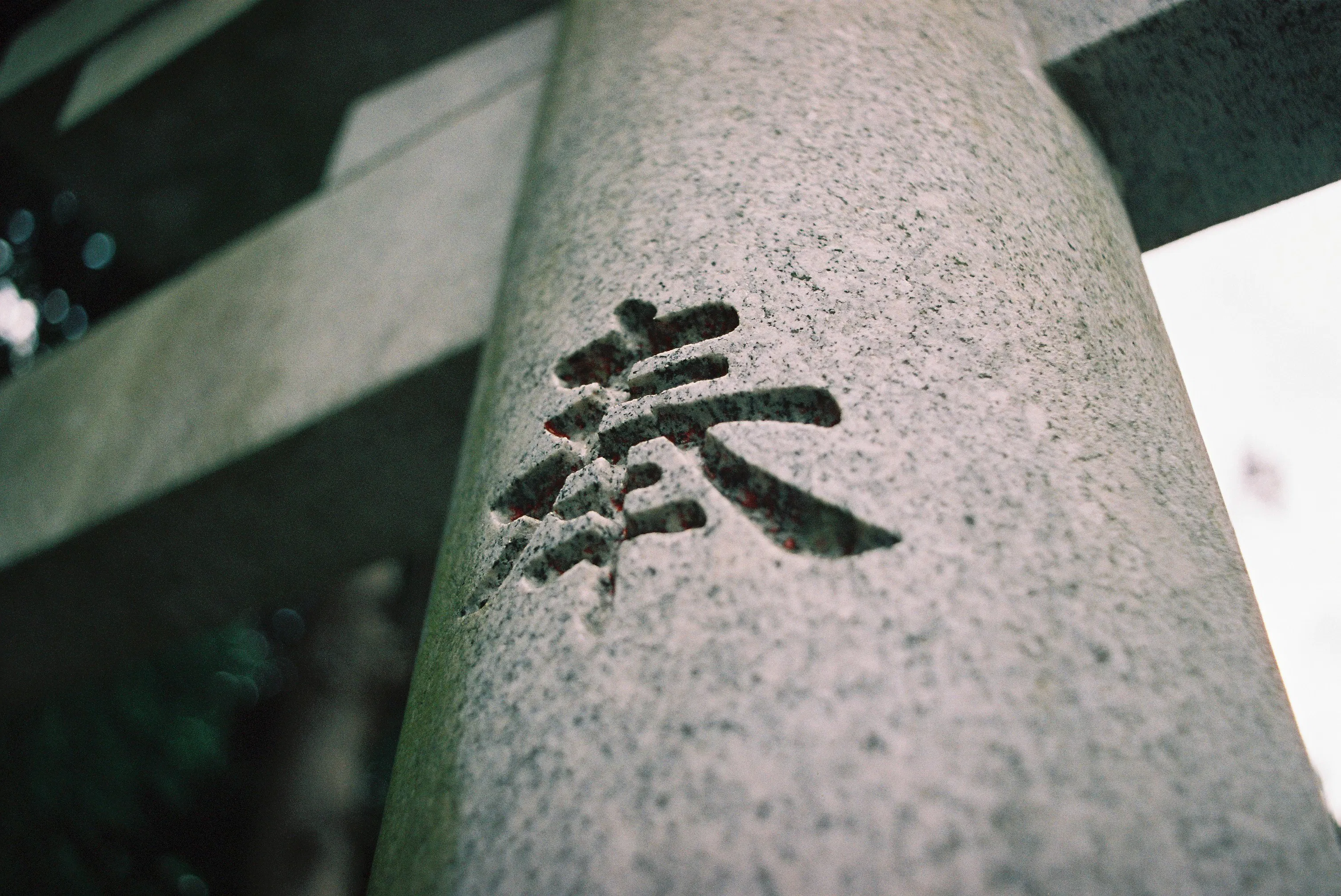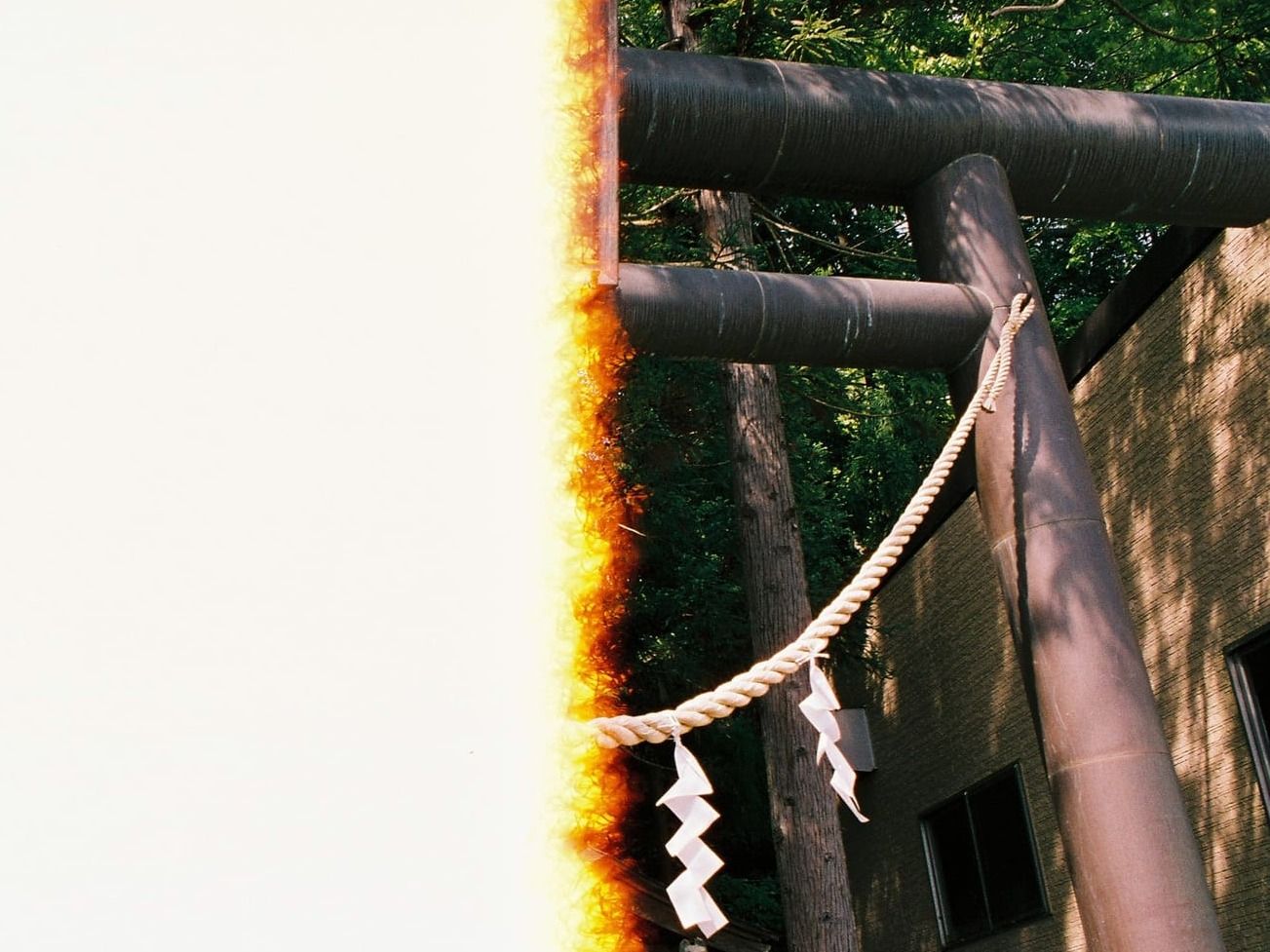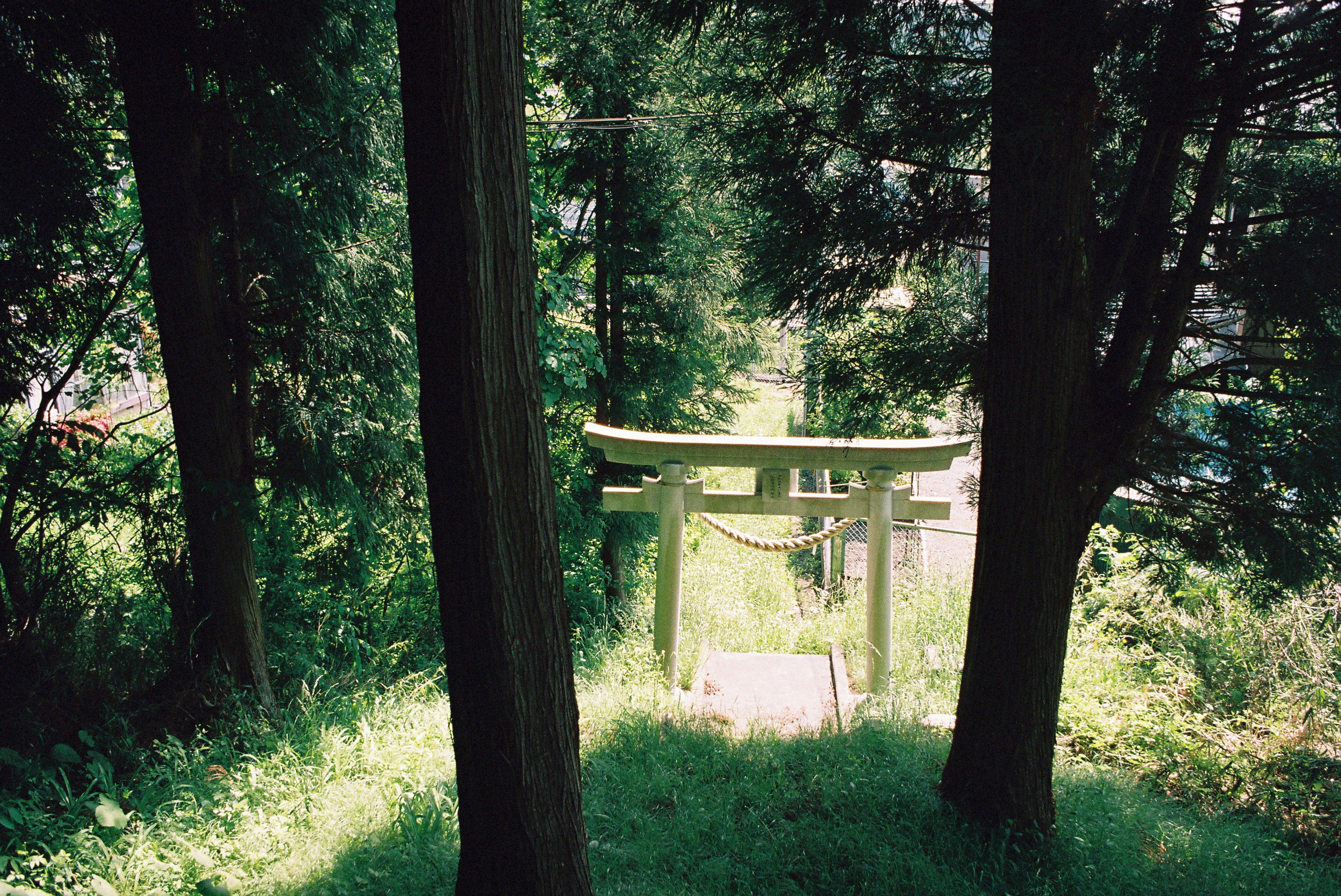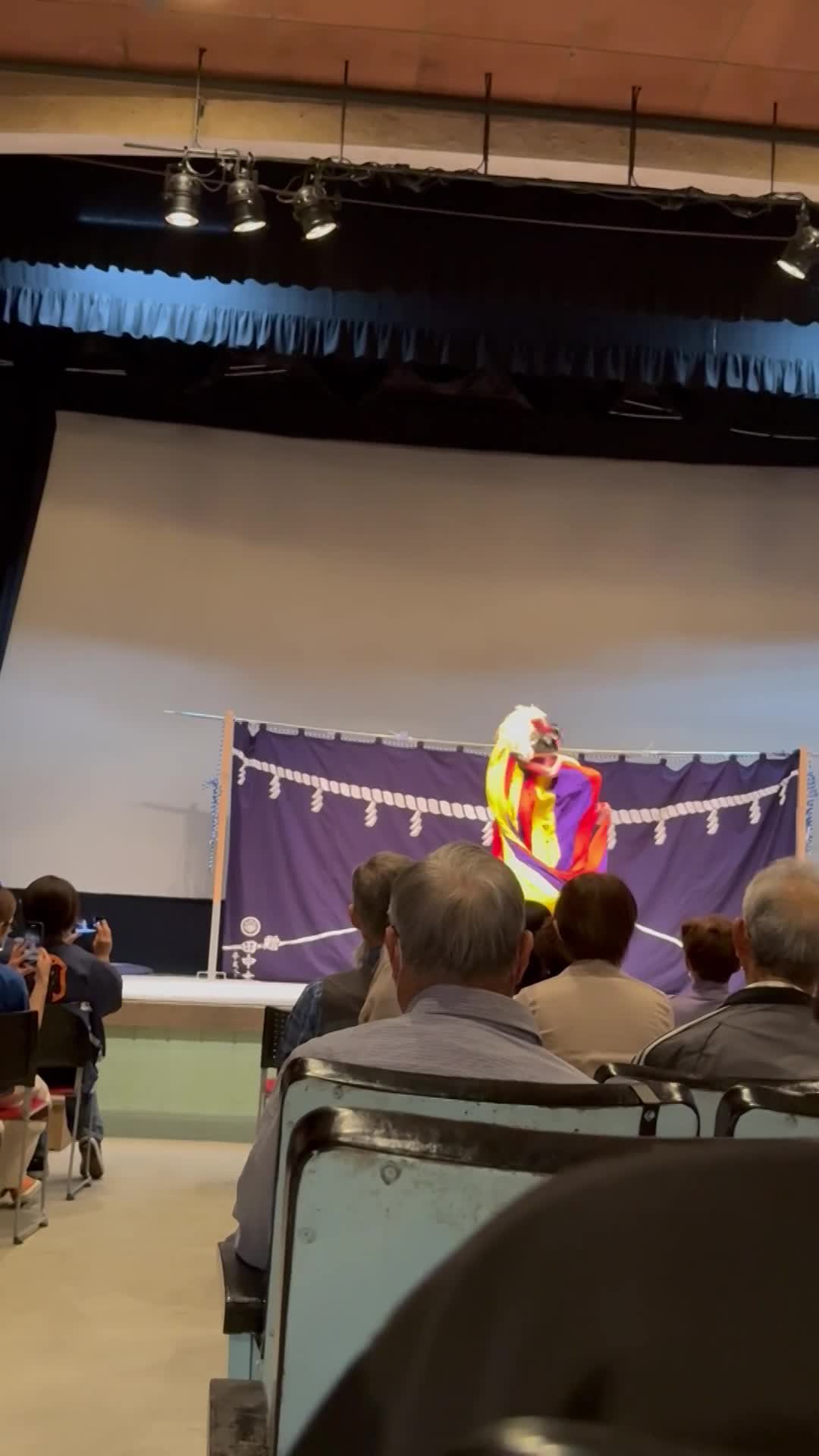⛩️ Between Moss and the Gods: Kagura and the Hidden Shrines of Ichinohe
Disclaimer: This entry reflecst my personal experience and is not intended to academically explain Shinto or it's rituals. It's an honest attempt to understand what I am expereiencing as a foreginrer in a rural region of Japan.
The whisper of the Shrines
Since arriving in ichinohe, I've slowly been discovering a spiritual simension I did not expect. In japan wherever you go, walking through the city, biking, or running errands. its common to find small shrines hidden among theees, behinfd hills, or along the roadside. Some seem abandoned, with closed doors or covered in moss, but all of them radiate vitality and spirituality. There's something about these places that makes me stop, slow my breath, and lower both my voice and my inner tempo.

As a foreigner, even thought I've learned the basic etiquette (which is actually not strict, just don't walk through the center and be as respectful as possible), I'm still learning what these shrines mean in Japanese life, especially in rural settings. Most of them have no lights, signs or crowds. But they are alive and they stay alive because someone takes care of them.
Kagura: A Dance for the Gods
In my search to understand and to experience local culture, I attended a Kagura event in Ichinohe. Kagura is a traditional sacred dance in shinto, performed for the Kami as an act of gratitude, celebration, or purification.
It is a living expression of a spiriatualily deeply connected to the land, the seasons, and the community. At the venue, powerful drums echoed as masked and robed performers danced in symbolic, rhythmic movements.
Though adapted to a modern space, the scene preserved an ancient energy.
The cry of Faith in Latin America
Here in Japan,tradition is nor nostalgia; it'a an intimate connection with the roots, the kami, and the environment. Spirituality doesn't seem to impose beliefs. No doctrine hunts you down, or duties that watch over you. There are paths, gestures, symbols, but no judgment. Religion here doesn't shout: it whispers.
As I
Here in Japan, tradition is not nostalgia; it’s an intimate connection with the roots, the kami, and the environment. Spirituality doesn’t seem to impose beliefs. No doctrine hunts you down, or duties that watch over you. There are paths, gestures, symbols, but no judgment. Religion here doesn’t shout: it whispers.
As I was witnessing all this with admiration and respect, I came across a video this week from my home country. It was during the "Marcha del Silencio" (Silent March) in Bogota, organized by Ultra-conservative Catholic groups and it was everything but Silent. A group of friends interviewed the participants, and the result was as disturbing as it was familiar: hate speech, exclusion, and symbolic violence, all in the name of faith.
-> https://www.instagram.com/reel/DLBfi_oNWbP/?utm_source=ig_web_copy_link&igsh=MzRlODBiNWFlZA==

That contrast hurt. It made me reflect on how in many parts of Latin America, religion has been used as a tool to control, divide, and even justify violence. Spirituality has so often been hijacked by power interests.
Compared to that, Japan feels so different. Here, religion feels more like an open path than a rigid set of rules.
I don’t consider myself a very religious person, but in Japan, I’ve felt something I had never experienced before: peace and freedom. Visiting a shrine hasn’t made me feel out of place. No one expects you to know how to pray, what to say, or what to think. You're simply expected to be there.
And that, for me, has been deeply meaningful.
Learning Through Photography
Documenting these spaces as part of my photography project has made me realize something beyond the visual. Spirituality in Ichinohe doesn’t need grand temples or public rituals to exist. It manifests in walking a quiet path, ringing a bell, closing your eyes, and speaking from the heart—whatever that may be.

I still have much to learn. But with every shrine I visit, every drum echoing in the night, and every photo I take, I feel a little closer to the invisible heart of this land.
